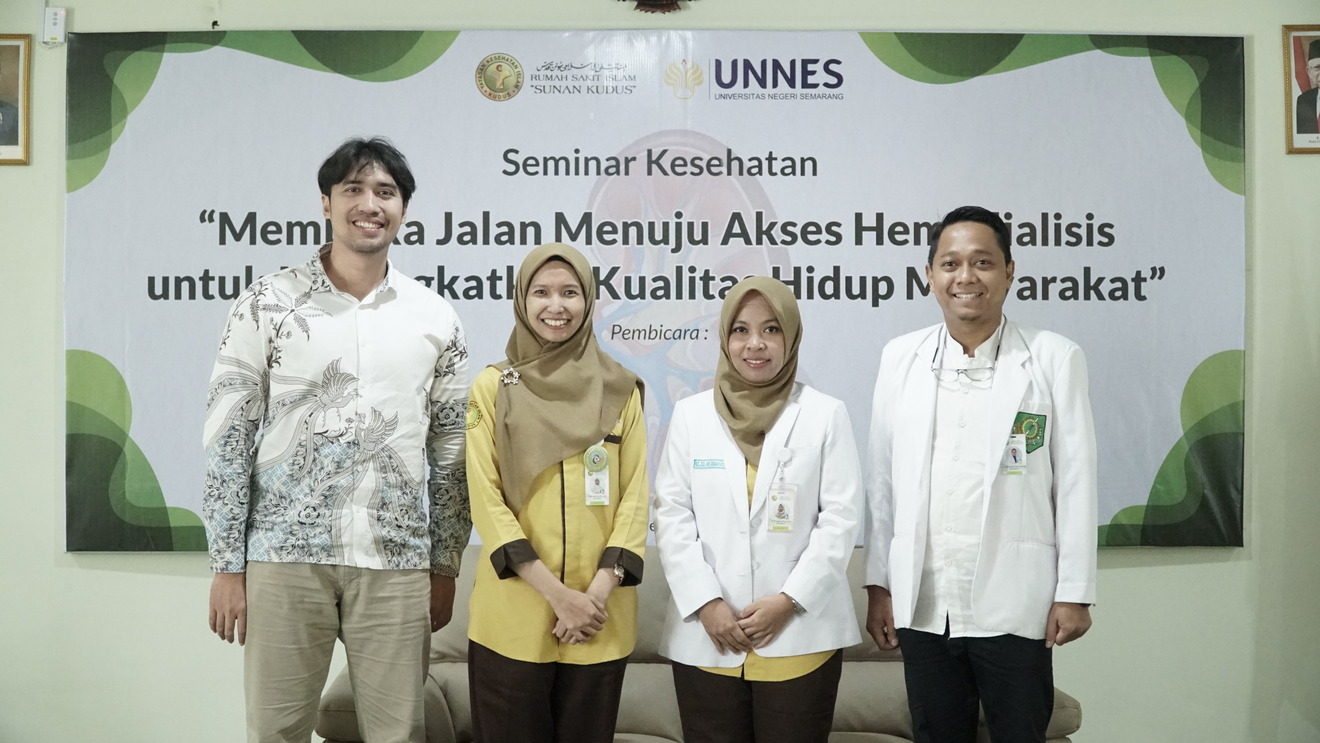Dengan karakter yang positif, akan dapat mengurangi berbagai perilaku destruktif generasi muda, memberikan arah bagaimana mereka merengkuh masa depan yang cerah. Dengan karakter positif yang kuat, akan dapat membentengi generasi muda dan pelaksana negeri ini dari tindakan-tindakan yang dapat merendahkan martabat bangsa seperti korupsi, dan perilaku manipulatif lainnya. Bangsa yang besar adalah bangsa yang memiliki karakter yang mampu membangun sebuah peradaban besar yang kemudian mempengaruhi perkembangan dunia. “Demikianlah yang pernah terjadi dalam sebuah perjalanan sejarah,” kata Akh Muwafik Saleh, dosen FISIP Universitas Brawijaya ketika menjadi pembicara pada seminar psikologi “Membangun Karakter dengan Hati Nurani” di Gedung C lt 3 Kampus Universitas Negeri Semarang (Unnes) Sekaran Gunungpati, Kamis (14/6).
Menurutnya, membangun karakter bangsa menjadi tanggung jawab bersama semua pihak dan komponen dari bangsa ini untuk ikut terlibat menyingsingkan baju membangun karakter yang kuat dan khas. Semua potensi bangsa haruslah bangkit dan bersatu padu untuk melakukan sebuah gerakan dan tindakan dalam membangun karakter bangsa agar negeri ini bangkit dan meraih cita-cita besarnya sehingga mampu sejajar dengan bangsa-bangsa besar lain di dunia dan mampu memberikan kontribusi bahkan menjadi pusat peradaban. “Semua itu itu tentu haruslah bermula dari semangat, visi dan keteladanan yang dimunculkan dalam diri para pemimpinnya, demikianlah yang pernah dialami oleh negara-negara besar lainnya,” kata penulis buku Membangun Karakter dengan Hati Nurani.
Seminar yang diselenggarakan oleh Jurusan Psikologi Fakultas Ilmu Pendidikan (FIP) Unnes bekerja sama dengan penerbit Erlangga ini, menurut Ketua Panitia Seminar Siti Nuzulia MSi diperlukan guna membantu mahasiswa dalam membangun karakter diri agar menjadi generasi bangsa yang cerdas dan berakhlak mulia.
Pembantu Dekan Bidang Akademik FIP Prof Haryono saat membuka acara tersebut menghimbau agar peserta hendaknya mengikuti seminar ini dengan kesungguhan dan tidak sekadar mengejar sertifikat belaka. “jika hanya hal tersebut yang menjadi tujuan, maka kegelisahan dan ketidakpuasan akan selalu menghampiri,” katanya dihadapan 250 peserta seminar.


apa karakter bisa di ubah?
karakter tidak bisa diubah, itu pendapat suatu teori.
pendapat teori lainnya, karakter dapat diubah.. 🙂
hanya, kedua teori tersebut tunduk pada kehendak individunya, apakah dia mau berubah atau tidak.. hee
regards,
kalau tak mau berubah berarti tak mau memperbaiki diri